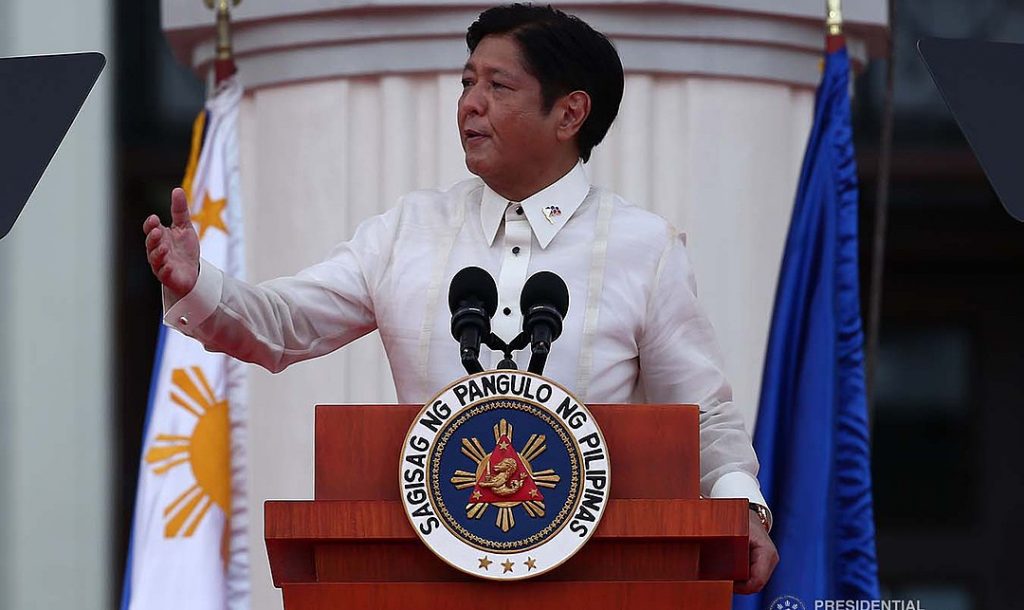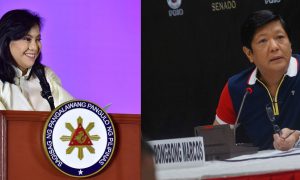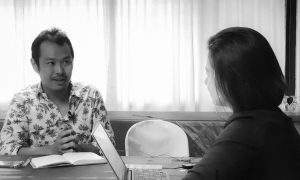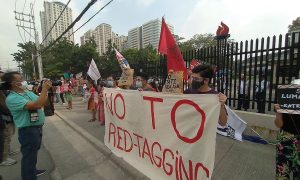Join expert speakers in a free forum providing a prospective examination of the administration of Ferdinand ‘Bongbong’ Marcos Jr. in the Philippines, with a focus on issues and dynamics that can be expected to define his presidency.
Leading experts from the Philippines will examine three themes in particular:
1) The new cabinet and the exercise of presidential power
2) Challenges in the macroeconomy, and likely strategies to address them
3) Foreign policy and the geostrategic outlook.
To join the forum, please register via this link.
Speakers
Maria Tanyag is a Fellow and Senior Lecturer at the Department of International Relations, ANU Coral Bell School of Asia Pacific Affairs. She was awarded her PhD from Monash University in 2018. Maria received first class honours for both her MA (Research) and BA Honours in Political Studies from the University of Auckland, New Zealand; and a BA in Political Science magna cum laude from the University of the Philippines-Diliman. She was selected as one of the inaugural International Studies Association (ISA) Emerging Global South Scholars in 2019, and as resident Women, Peace and Security Fellow at Pacific Forum International (Hawaii) in 2021.
Julio Cabral Teehankee is Professor of Political Science and International Studies at De La Salle University where he served as Chair of the Political Science Department (1994-2007); Chair of the International Studies Department (2008-2013); and Dean of the College of Liberal Arts (2013-2017). He also served as President of the Philippine Political Science Association (2017-2019) and the Asian Political and International Studies Association (2009-2011). He was the Philippine representative to the Council of the International Political Science Association (2019-2021), and is currently regional manager (Southeast Asia and the Pacific) for Varieties of Democracy (V-Dem). He has held several visiting appointments, including ANU as well as universities in Japan, Hong Kong, and the US. Most recently, he was invited to be Senior Visiting Fellow at LSE’s Saw Swee Hock Southeast Asia Centre. He appears regularly as a political analyst for local and international media outlets.
Maria Socorro Gochoco-Bautista is the BSP Sterling Chair Professor of Monetary Economics at the School of Economics, the University of the Philippines . She has served as member and Chair of the AMRO Advisory Panel, as Senior Economic Advisor at the ADB, as Visiting Scholar at the Federal Reserve Bank of San Francisco, and as Senior Research Fellow at the Bank for International Settlements Asia and Pacific Office. She is an Associate Editor of the Asian Economic Papers and serves on the editorial boards of the Journal of Economic Surveys, Japan and the World Economy, and Thailand and the World Economy. She holds a BA in Economics from Mount Holyoke College (Massachusetts) and a PhD from Columbia University.
Jay Batongbacal is an Associate Professor at the University of the Philippines College of Law. He teaches courses on Property, Obligations & Contracts, and Law of the Sea and Natural Resources. He obtained his LL.B. (1991) from College of Law at the University of the Philippines and Masters degree in Marine Management (1997) and Doctorate in the Science of Law (2010) from Dalhousie University in Canada. His graduate degrees were acquired under scholarship grants from the Canadian International Development Agency and the prestigious Pierre Elliot Trudeau Foundation, respectively.
 Facebook
Facebook  Twitter
Twitter  Soundcloud
Soundcloud  Youtube
Youtube  Rss
Rss 


